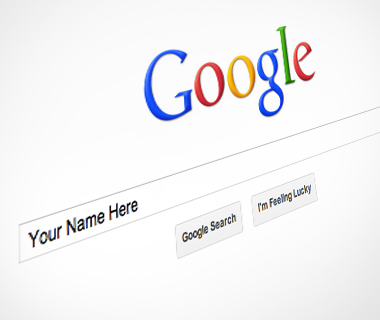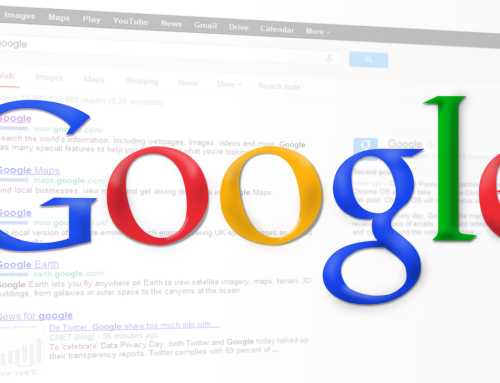Google’s big commitment
Google isn’t going to create change identifiers to update third-celebration cookies
According to David Tempkin, Google’s Director of Product Management for Ads Privacy and Trust, as soon as third-celebration cookies are phased out, the seek large “will now no longer construct change identifiers to tune individuals as they browse throughout the net, nor can we use them in our products.”
While acknowledging that different corporations are constructing third-celebration cookie options, Tempkin pointed to records indicating that the tremendous majority of customers trust the charges of monitoring outweigh the benefits, and counseled that if corporations don’t cope with consumer worries over privateness, “we hazard the destiny of the loose and open net.” He additionally raised the opportunity that the change identifiers won’t “stand as much as unexpectedly evolving regulatory restrictions”.
Google isn’t giving up on behavioral focused on and says it is able to be almost as powerful with out cookies
Google’s selection now no longer to aid third-celebration cookie options to tune customers throughout the net doesn’t imply that Google is throwing withinside the towel on focused on. To the contrary, Google advertisers can be capable of goal customers on non-Google webweb sites the use of Federated Learning of Cohorts (FLoC), a browser-primarily based totally method that organizations customers into “flocks” of different customers with comparable behavior.
Put simply, the FLoC approach correctly lets in customers to be tracked, simply as a part of a bigger institution as opposed to on an person basis. According to Google, “Our assessments of FLoC to attain in-marketplace and affinity Google Audiences display that advertisers can count on to look at the least 95% of the conversions in line with greenback spent while in comparison to cookie-primarily based totally marketing and marketing.”
There’s skepticism withinside the industry, however, because of this that that entrepreneurs will probably need to take a wait-and-see method earlier than drawing conclusions approximately the efficacy of FLoC and comparable technologies.
Google’s dedication applies to the net, now no longer cell
An growing quantity of marketing and marketing hobby takes location off the net, in cell apps. Despite the pandemic, final year, cell app advert spend grew 26% to attain $240bn in step with App Annie.
Given the dimensions of the cell app advert marketplace, it’s vital to note that Google’s new dedication simplest applies to the net, now no longer cell. On cell, Google has now no longer introduced any plans to prevent supporting Advertising ID, a particular, user-resettable ID that may be used to tune customers in apps.
First-celebration records is turning into increasingly precious
Because publishers will nevertheless be capable of promote commercials on their personal webweb sites the use of their first-celebration records, and entrepreneurs will nevertheless be capable of use their first-celebration records to goal commercials on third-celebration webweb sites, Google’s present day assertion is above-all a reminder of the growing cost of first-celebration records.
Already, many manufacturers had been making an investment closely in obtaining first-celebration records and because the cookie-much less global will become a reality, the first-celebration records hands race will probably turn out to be even greater intense, with corporations that have massive quantities of super first-celebration records organising an even more gain over people who don’t.
Ironically, the call for for first-celebration records should enhance the stakes in the privateness fight, as despite the fact that third-celebration cookies won’t be monitoring customers throughout the net, corporations will probably be gobbling up greater and greater in their records, elevating a brand new set of worries.
Google has lots of first-celebration records
Of all corporations, few have as plenty precious first-celebration records as Google. The seek large collects tremendous troves of records approximately its customers from its portfolio of widely-used homes, such as Search, YouTube and Maps. It will nevertheless be capable of use this records while promoting commercials on those homes and for this reason, Google critics advocate that the company’s pivot to privateness is actually much less approximately privateness and greater approximately keeping its dominance.
Whether that’s genuine or now no longer, it does seem that Google’s role in virtual marketing and marketing will simplest be bolstered in a global with out third-celebration cookies.
Contextual marketing and marketing should make a comeback
While it’s clean that behavioral focused on is evolving, now no longer going away, contextual marketing and marketing should over again play a greater distinguished role withinside the on line advert marketplace as advertisers examine opportunity methods of attaining customers at the net. Contextual marketing and marketing withinside the 2020s will be greater sophisticated, however. Better generation lets in entrepreneurs to follow their first-celebration records to contextual commercials, and they’ll additionally be capable of goal through numerous non-particular attributes, such as tool type, location, and time of day, lots of that could effect the effectiveness of campaigns.






